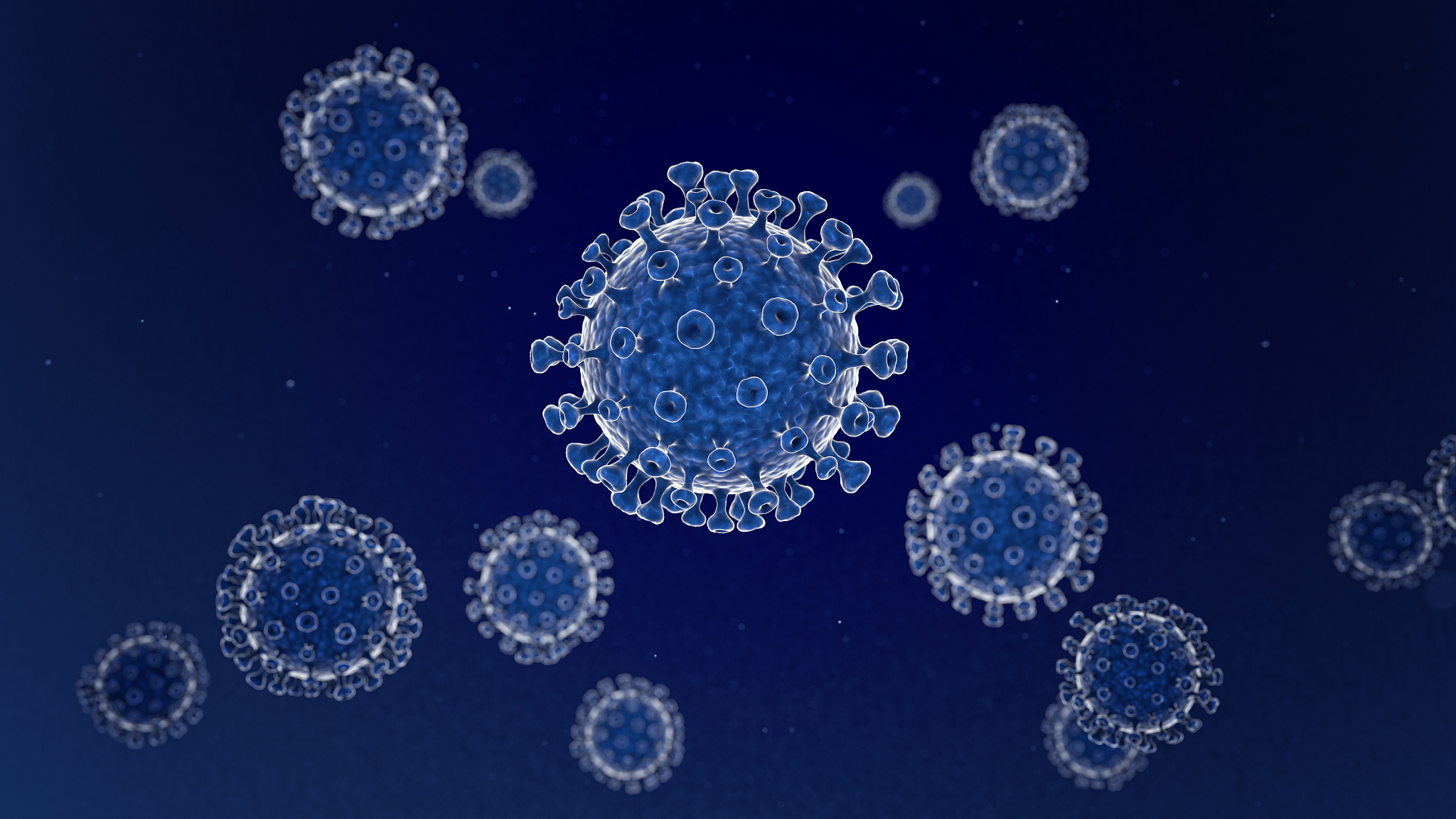
The COVID-19 variant first identified in India, known as B.1.617, has shown increased transmissibility, according to the WHO. /CFP
The COVID-19 variant first identified in India, known as B.1.617, has shown increased transmissibility, according to the WHO. /CFP
A COVID-19 variant first identified in India has been officially found in at least 53 countries and regions, according to the latest World Health Organization (WHO) weekly epidemiological report.
The UN health agency also said it had received detection information from seven additional countries and regions, but from unofficial sources which it needs to further review.
The variant, known as B.1.617, was first detected in India in late last year. Three subtypes have since been identified by researchers – B.1.617.1 (the "original" B.1.617), B.1.617.2 and B.1.617.3 – each with a slightly different genetic make-up.
The WHO said there is evidence of increased transmissibility connected to the variant, but its disease severity and risk of infection are still under investigation.
Four mutations worldwide classified as 'variants of concern'
The WHO update included information on the four mutations classified as variants of concern: those first reported in Britain (B.1.1.7), South Africa (B.1.351), Brazil (P.1) and India (B.1.617).
When counting up the total number of countries and regions reporting each variant, the WHO added together those from which it had official and unofficial information.
B.1.1.7 has now been reported in 149 countries and regions; B.1.351 in 102 countries and regions and P.1 in 59 countries and regions.
The WHO split up figures for the B.1.617 variant into three lineages (B.1.617.1, B.1.617.2 and B.1.617.3).
The first has been reported in a total of 41 countries and regions, the second in 54 and the third in six: Britain, Canada, Germany, India, Russia and the United States.
Together, lineages of the B.1.617 variant were officially recorded in 53 territories and unofficially in another seven.
The update also listed six variants of interest that are being monitored.
One was first discovered in multiple countries, two of them were first found in the United States, while the three others were first discovered in Brazil, the Philippines and France.
"Virus evolution is expected, and the more SARS-CoV-2 circulates, the more opportunities it has to evolve," the report said.
"Reducing transmission through established and proven disease-control methods... are crucial aspects of the global strategy to reduce the occurrence of mutations that have negative public health implications."
New cases coninue to drop worldwide
Globally over the past week, the number of new cases and deaths from COVID-19 continued to decrease, with around 4.1 million new cases and 84,000 new deaths reported – a 14 percent and two percent decrease respectively compared to the previous week.
The WHO's European region reported the largest decline in new cases and deaths in the past seven days, followed by the southeast Asia region.
The numbers of cases reported by the Americas, Eastern Mediterranean, Africa and the Western Pacific region were similar to those reported in the previous week.
"Despite a declining global trend over the past four weeks, incidence of COVID-19 cases and deaths remain high, and substantial increases have been observed in many countries throughout the world," the document said.
The highest numbers of new cases in the past seven days were reported from India (1,846,055 – down 23 percent); Brazil (451,424 – up three percent); Argentina (213,046 – up 41 percent), the United States (188,410 – down 20 percent), and Colombia (107,590 – down seven percent).
(With input from AFP)

